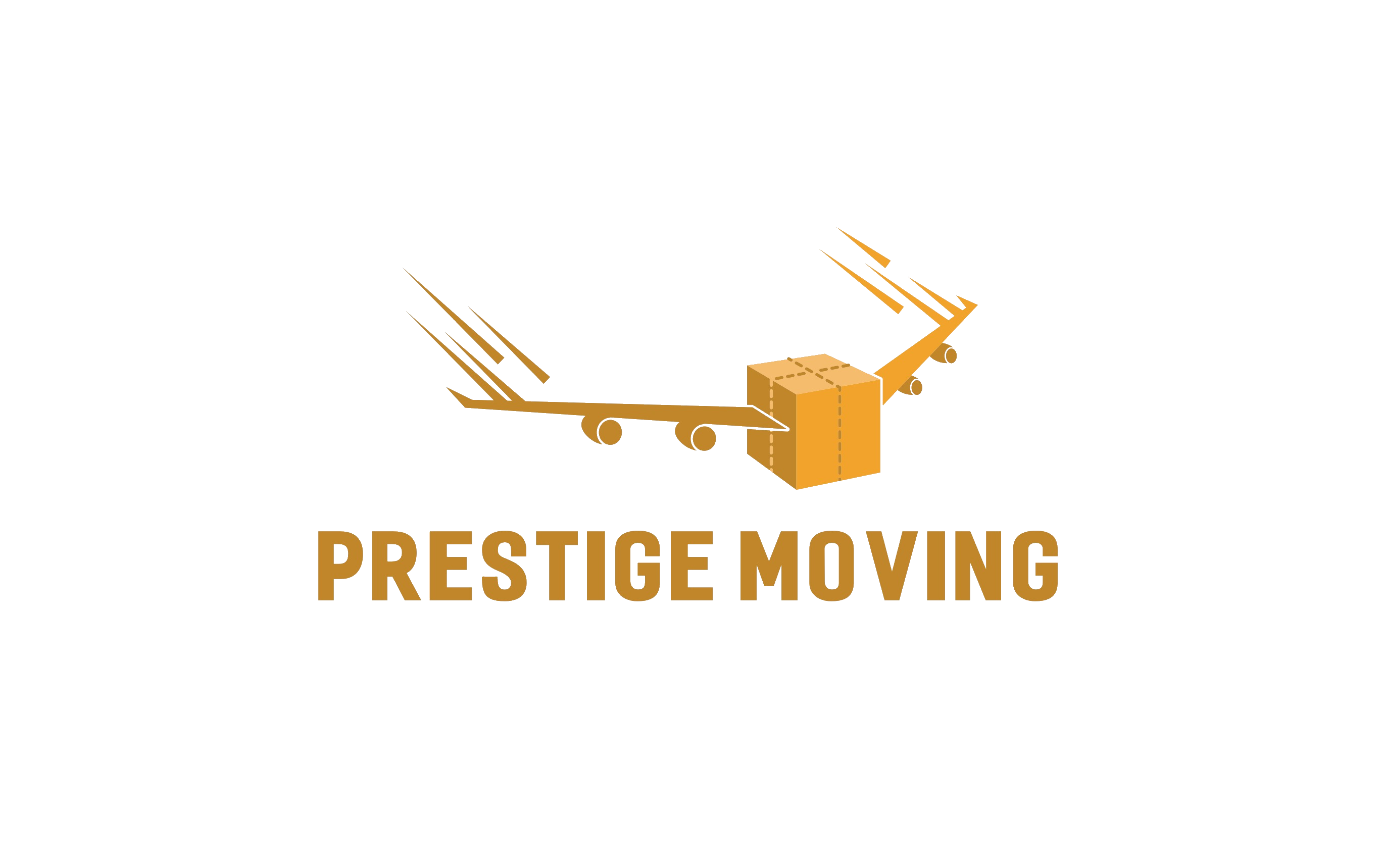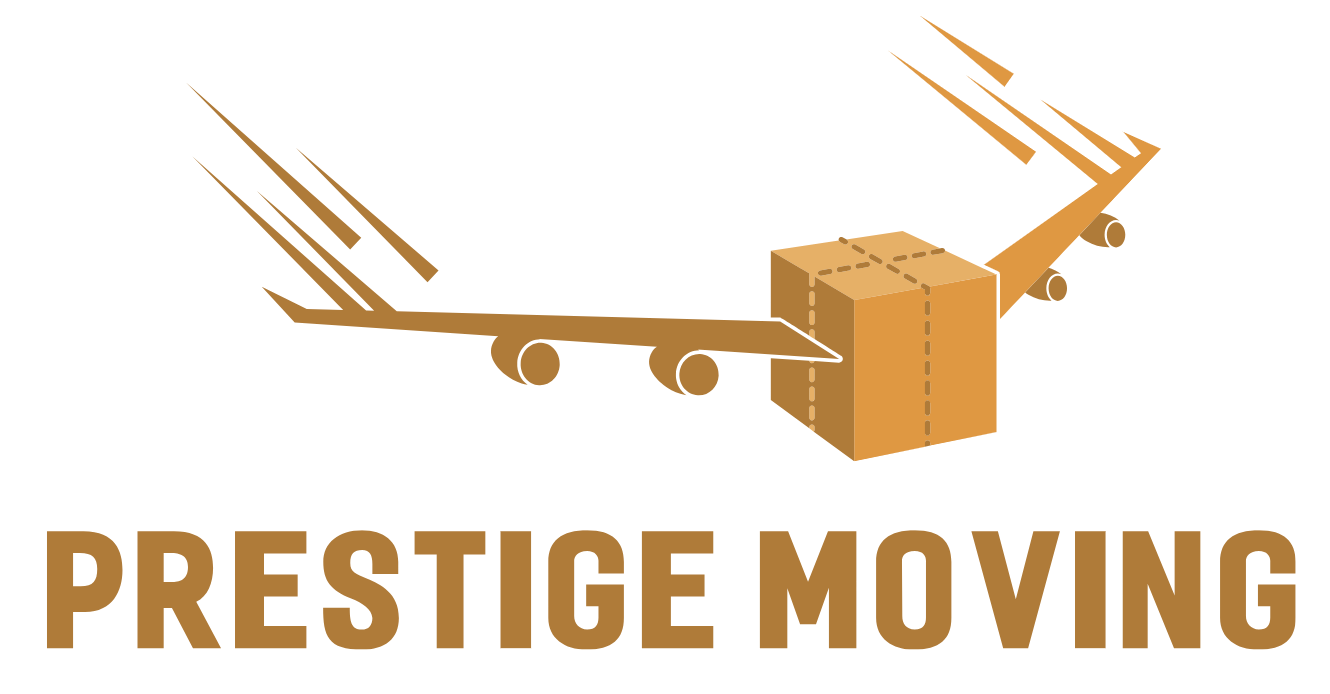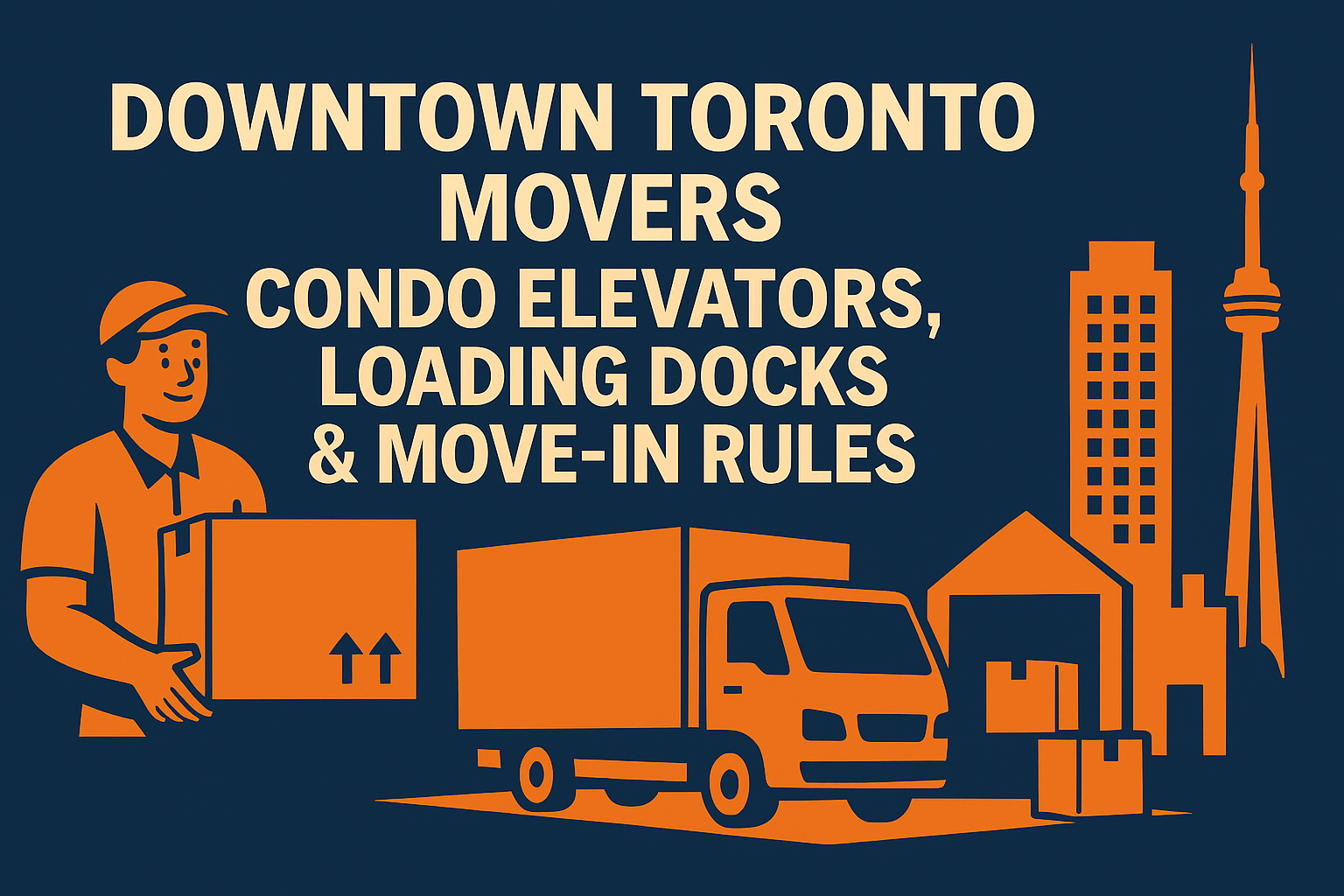Relocating to downtown Toronto is exciting—but it’s also one of the most logistically complex moves you can make. Between condo elevator bookings, strict loading dock schedules, and building move-in regulations, there’s no room for last-minute surprises. Whether you’re transitioning to a new condo in the Financial District, Liberty Village, or the Entertainment District, understanding these urban moving challenges will save you time, money, and stress.
This comprehensive guide breaks down everything you need to know about planning a downtown Toronto move, following condo regulations, and hiring professional movers who know the ins and outs of city relocations.
Understanding Downtown Toronto’s Condo Moving Rules
Why Condo Rules Matter
Downtown Toronto condos are designed for high-density living. That means hundreds of residents share the same elevators, parking spaces, and loading zones. To maintain order, condo boards implement strict move-in and move-out policies. Violating them can result in fines or denied access on moving day.
Most buildings require:
- Advance booking of service elevators
- Security deposits for potential damage
- Proof of insurance from your movers
- Designated moving times (often weekdays or non-peak hours)
Failing to follow these rules can delay your move or cost you additional fees. Hiring a company familiar with downtown Toronto regulations—like Prestige Moving—ensures compliance and efficiency.
Booking Condo Elevators in Downtown Toronto
Step 1: Contact Building Management Early
Condo elevators are shared assets. Management usually requires you to book the service elevator 1–2 weeks in advance. If you’re moving during the end or beginning of the month, book even earlier—those are peak periods when many residents relocate.
Step 2: Confirm the Time Slot
Typical moving windows range from 9 a.m. to 4 p.m. Some buildings prohibit weekend or after-hours moves. Always check with your concierge or property manager for specific restrictions.
Step 3: Secure Elevator Padding
Condo staff often install protective elevator padding before your movers arrive. If they don’t, ensure your moving company brings their own padding or moving blankets to prevent damage.
Tip: Movers experienced with condos—such as Prestige Moving’s apartment and condo moving specialists—know how to coordinate elevator usage efficiently and avoid downtime.
Navigating Downtown Loading Docks and Parking
Finding Loading Docks in Toronto Condos
Many downtown condos have dedicated loading docks accessible from back alleys or underground entrances. However, space is limited, and trucks must often back into tight corners or share access with delivery vehicles.
Professional movers familiar with Toronto’s urban infrastructure can handle these challenges, ensuring no damage to property or vehicles. Movers must also comply with condo parking bylaws—failure to do so can result in ticketing or towing.
For example, Prestige Moving’s commercial moving division frequently manages downtown logistics, navigating loading zones efficiently for both residential and business clients.
Permits and Street Parking
If your building lacks a private loading dock, you may need a City of Toronto temporary parking permit for your moving truck. You can apply via the City of Toronto’s official permit system for legal curbside access. Always verify timing restrictions and signage before moving day.

Preparing for Move-In Rules and Deposits
Security Deposits
Many downtown condos require a refundable moving deposit ($200–$500) to cover potential damage to common areas. Bring a receipt or proof of payment to show security staff upon arrival.
Insurance Certificates
Your moving company must provide a Certificate of Insurance (COI) listing the condo corporation as an additional insured party. Without this, management may deny access. Reliable professionals like Prestige Moving handle these documents as part of their moving package.
Time Restrictions
Moves are typically limited to certain timeframes (e.g., 9 a.m.–5 p.m.). Exceeding your booked slot may result in penalty fees or rescheduling.
External Resource: For condo owners, the Condominium Authority of Ontario provides detailed guidance on property rights, move-in procedures, and board regulations.
How Professional Movers Simplify Downtown Moves
Expert Coordination
Reputable movers handle all aspects of downtown logistics:
- Elevator booking assistance
- Building insurance documentation
- Traffic and parking permit management
- Protective materials for walls, floors, and elevators
Efficient Packing & Protection
For fragile or antique items, specialized services like antique furniture movers ensure your belongings remain secure despite tight hallways or small elevators. The right packing approach prevents damage and reduces loading time.
Experience with High-Rise Restrictions
Downtown condos often restrict truck sizes or loading hours. A mover accustomed to these environments can strategically stage items—using dollies, elevators, and service entrances—to complete the move within tight timelines.
Common Mistakes During Downtown Toronto Moves
- Failing to Confirm Elevator Booking: Assuming it’s available leads to rescheduling chaos.
- Ignoring Truck Height Limits: Many underground docks restrict vehicles over 12 feet high.
- Forgetting Proof of Insurance: Condo security can turn away uninsured movers.
- Skipping Floor Protection: Unprotected surfaces may lead to withheld deposits.
- Underestimating Move Duration: Downtown traffic can double loading and unloading time.
For a complete guide to efficient packing, read How to Protect Your Furniture When Moving.
Cost Breakdown: What to Expect
Downtown moves tend to cost 15–25% more than suburban relocations due to:
- Parking challenges
- Elevator wait times
- Additional staff requirements
- Insurance compliance
For transparency, always request a flat-rate estimate rather than hourly billing when possible. You can review Prestige’s pricing structure for a better understanding of cost components and optional add-ons.
Packing and Preparation Tips for Condo Moves
- Reserve Moving Supplies Early: Purchase or rent boxes from Prestige’s supply service.
- Label Everything by Room: Condo elevators require fast loading; labeling speeds up unloading.
- Measure Doorways and Hallways: Avoid surprises when moving larger furniture pieces.
- Use Floor Mats and Corner Guards: Essential for avoiding scratches or wall marks.
- Notify Neighbors: Be courteous—noise and traffic affect shared hallways and parking areas.
Choosing the Right Downtown Toronto Moving Company
What to Look For
- Downtown Experience: Movers should know Toronto’s high-rise and street layouts.
- Fully Licensed & Insured: Always verify WSIB coverage and liability insurance.
- Transparent Pricing: No hidden charges for travel or equipment.
- Positive Reviews & References: Check verified testimonials and past projects.
- Flexible Scheduling: The best movers accommodate condo time slots and weather conditions.
You can explore Prestige Moving’s residential moving page for an overview of reliable service options that apply to both Ottawa and Toronto-based relocations.
Eco-Friendly Moving Options for Downtown Living
Toronto’s downtown core prioritizes sustainability. Many newer condos encourage eco-friendly moving:
- Reusable plastic bins instead of cardboard
- Electric or hybrid moving trucks
- Paperless inventory checklists
Companies that align with these green practices, such as those offering eco-friendly moving solutions, contribute to both smoother moves and a reduced carbon footprint.
Post-Move Essentials
After settling in, remember to:
- Update your address with Canada Post and government services. (Change of Address Service)
- Register for your condo’s digital portal for maintenance and communication.
- Familiarize yourself with waste disposal and recycling schedules unique to your building.
Why Downtown Toronto Moves Require Experts
Urban moves require planning precision. From navigating one-way streets and underground parking ramps to managing elevator timing and condo security, every step demands coordination. Professional movers not only protect your belongings but also your time and sanity.
Partnering with a trusted, experienced company like Prestige Moving ensures a seamless transition—so you can start enjoying downtown living without the hassle.
For customized support or free moving estimates, contact Prestige Moving today.
FAQs
1. How far in advance should I book my condo elevator in Toronto?
At least two weeks before your move, especially during peak times like month-end.
2. Do movers provide proof of insurance for condos?
Yes, professional movers issue Certificates of Insurance required by building management.
3. Can I move into my condo on a weekend?
Some buildings allow it, others restrict to weekdays—always confirm with management in advance.
4. How much does a downtown Toronto move cost?
Expect to pay $700–$1,500 depending on condo access, elevator time, and truck requirements.
5. Do I need to reserve street parking for moving trucks?
If your building lacks a loading dock, yes—apply for a City of Toronto temporary permit.


